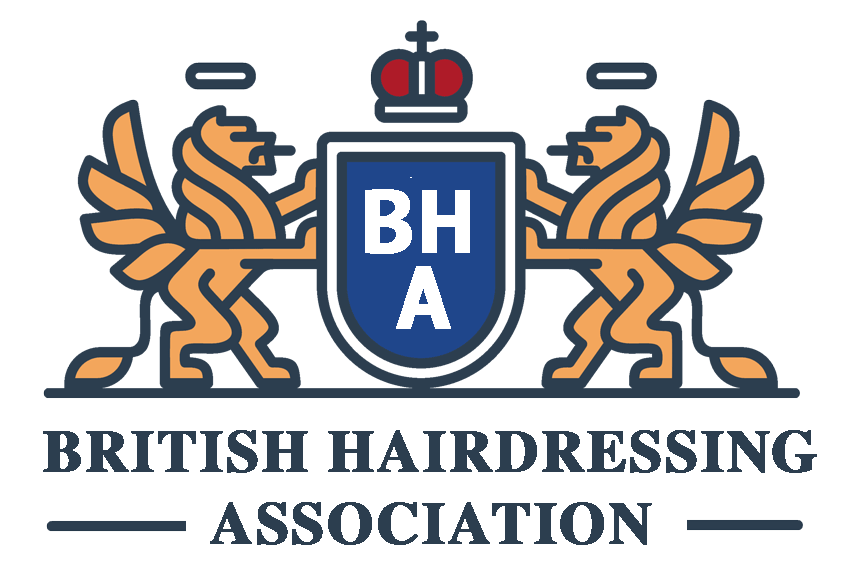Essential Licensing Info for UK Hairdressers: Region-by-Region Breakdown
<h2>Introduction to Hairdresser Licensing in the UK</h2>
<p>Becoming a professional hairdresser in the UK involves understanding the different licensing requirements across the regions. Navigating this intricate landscape can be daunting, but a clear breakdown region-by-region can simplify the process. This article will explore the essential licensing information for hairdressers across England, Scotland, Wales, and Northern Ireland.</p>
<h2>England</h2>
<h3>General Information</h3>
<p>In England, there is no formal requirement to hold a specific license to work as a hairdresser. However, professionals are strongly encouraged to obtain relevant qualifications such as NVQ/SVQ Level 2 and Level 3 to enhance credibility and standards of service.</p>
<h3>Insurance and Registration</h3>
<p>Though a formal license might not be necessary, having insurance is critical. Public liability insurance is essential to protect against potential lawsuits. Registering with the Hairdressing Council is optional but can also add to your professional standing.</p>
<h3>Health and Safety</h3>
<p>Compliance with health and safety regulations is paramount. Salons must adhere to the guidelines provided by the Health and Safety Executive (HSE) to ensure the safety of both staff and customers.</p>
<h2>Scotland</h2>
<h3>Licensing Requirements</h3>
<p>Unlike England, Scotland requires hairdressers to be registered with the local council. This helps maintain high standards across the industry. While specific qualifications are not mandated, having an SVQ in Hairdressing can be advantageous.</p>
<h3>Health and Safety</h3>
<p>Following health and safety guidelines set by the Scottish Government and the Health and Safety Executive is mandatory. This includes proper sanitation, use of personal protective equipment, and regular safety audits.</p>
<h2>Wales</h2>
<h3>Regulatory Standards</h3>
<p>In Wales, there is no compulsory licensing for hairdressers, but obtaining qualifications similar to those in England (NVQ/SVQ Level 2 or 3) is highly recommended. Additionally, registering with professional bodies can enhance reputation.</p>
<h3>Insurance and Health Protocols</h3>
<p>Insurance is an essential component of running a hairdressing business in Wales. Public liability insurance is strongly recommended. Compliance with health and safety regulations as per the HSE guidelines is also compulsory to ensure a safe working environment.</p>
<h2>Northern Ireland</h2>
<h3>Licensing and Qualifications</h3>
<p>Northern Ireland does not impose stringent licensing requirements for hairdressers. However, having recognized qualifications such as NVQ/SVQ can be beneficial for both legal and professional purposes.</p>
<h3>Insurance and Health Standards</h3>
<p>Just like in other UK regions, public liability insurance is crucial for hairdressers in Northern Ireland. Adhering to health and safety standards outlined by local councils and the Health and Safety Executive is also necessary.</p>
<h2>Summary</h2>
<p>Navigating the various licensing requirements for hairdressers in the UK may seem complex, but understanding these region-specific regulations can streamline the process. While England, Wales, and Northern Ireland do not have stringent licensing mandates, Scotland requires registration with local councils. Across all regions, obtaining professional qualifications, securing public liability insurance, and adhering to health and safety guidelines remain critical to ensure a successful hairdressing career.</p>

